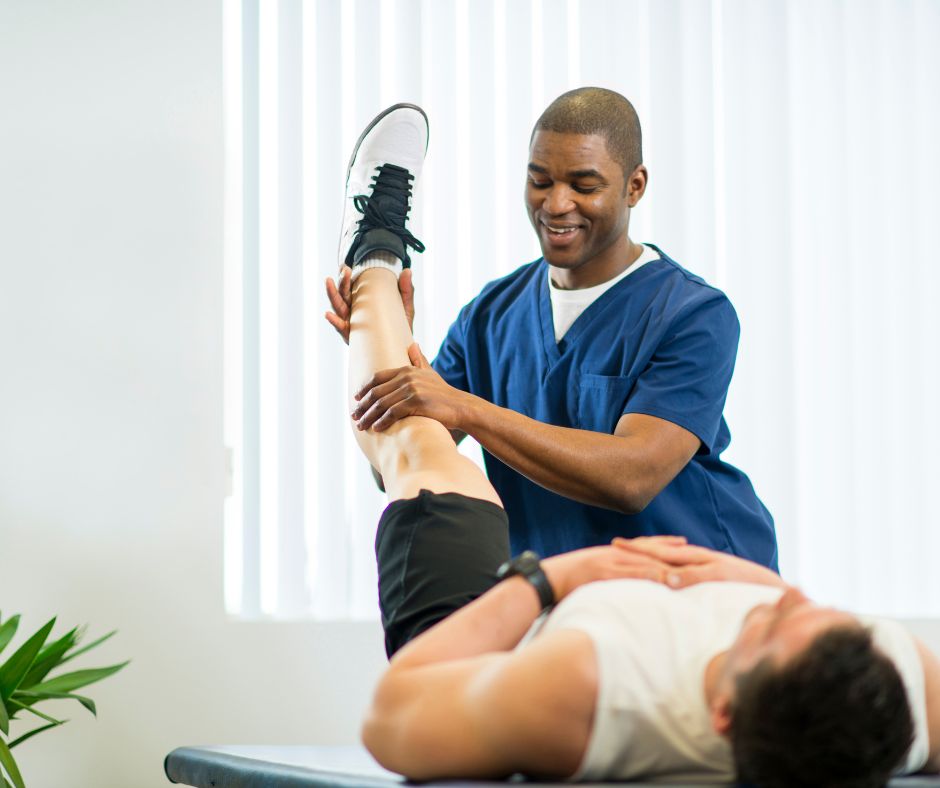Improving Rehab Outcomes Via Effective Functional Motion Screening Guidelines
Improving Rehab Outcomes Via Effective Functional Motion Screening Guidelines
Blog Article
Operational Mobility Assessment (FMS) is a beneficial instrument used to assess an person's mobility patterns. This assessment helps identify any deficiencies or imbalances in the body, which can lead to injuries if not corrected. In recovery settings, FMS can serve a critical role in improving rehabilitation results. By understanding how each person moves, healthcare providers can design focused recovery programs that concentrate on improving power, mobility, and overall performance.
One of the key benefits of using FMS in recovery is its ability to pinpoint particular aspects that need improvement. For example, if a client has difficulty with squat movements or lunging, it may suggest a deficiency of mobility in their hip joints or ankles. This data allows therapists to formulate personalized fitness regimens that emphasize addressing these deficits. As a result, patients are more likely to recover their power and ability, which is essential for resuming to daily activities or athletics.
Incorporating efficient FMS protocols can also assist prevent future injuries. Many injuries happen due to poor mobility patterns or overuse of specific muscle clusters. By evaluating patients before they begin a rehabilitation program, clinicians can identify risks and establish strategies to minimize them. Informing patients about appropriate movement mechanics and enhancing weak areas can lead to sustained benefits, promoting that they remain active and fit.
Moreover, the use of FMS can improve communication between healthcare professionals and patients. When clients see their mobility mechanics assessed and clarified, they gain a clearer understanding of their recovery journey. This clarity builds trust and encourages patients to take an engaged role in their rehabilitation. By engaging patients in their rehabilitation process, they are more likely useful content to follow to recommended exercises and lifestyle adjustments that support better results.
In summary, improving recovery results through efficient functional mobility assessment procedures is crucial for both clients and healthcare providers. By accurately evaluating mobility patterns, clinicians can create tailored rehabilitation programs that meet individual needs. This not only Resources facilitates in rehabilitation but also assists prevent future injuries. As patients become more involved in their recovery process, they are likely to achieve their goals and maintain a healthy, engaged way of living.